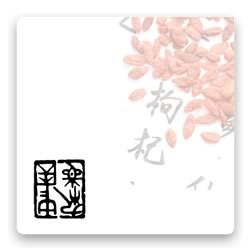We use cookies to make your experience better. To comply with the new e-Privacy directive, we need to ask for your consent to set the cookies. Learn more.
The Temporal Nature of Jing Fang
Did you know?
For the cost of 5 articles (students) or 10 articles (practitioners) you can buy a year's access to the entire Journal of Chinese Medicine article archive.
£4.00
VAT Exempt
In stock
SKU
JCM127/28
Traditional Chinese medicine, based on yin-yang theory, emphasises the importance of the influence of time on human health. In East Asia the effects of the cyclical passage of time has been carefully studied, and this is recorded in the classic texts of Chinese medicine. This article is an abridged summary of research that investigated whether there is a temporal basis for classical herb prescription, based on data from a cohort of almost 2000 patients seen at the clinic of the renowned jingfang master, Professor Huang Huang over a three year period. It was found that there was a statistically significant relationship between the formula prescribed and the time of the year, with a strong effect size. The five most frequently prescribed formulas - Gui Zhi Fu Ling Wan (桂枝茯苓丸, Cinnamon Twig and Poria Pill), Da Chai Hu Tang (大柴胡汤, Major Bupleurum Decoction), Wen Dan Tang (温胆汤, Warm the Gallbladder Decoction), Xiao Chai Hu Tang (小柴胡汤, Minor Bupleurum Decoction) and Huang Qin Tang (黄芩汤, Scutellaria Decoction) - are described in detail, together with a discussion of the reasons why they were more frequently used at certain times of year.
| Author | Philip Suger |
|---|---|
| JCM Issue | JCM127/28 |
Write Your Own Review
* Orders shipped outside of Europe are eligible for VAT relief and will not be charged VAT.

